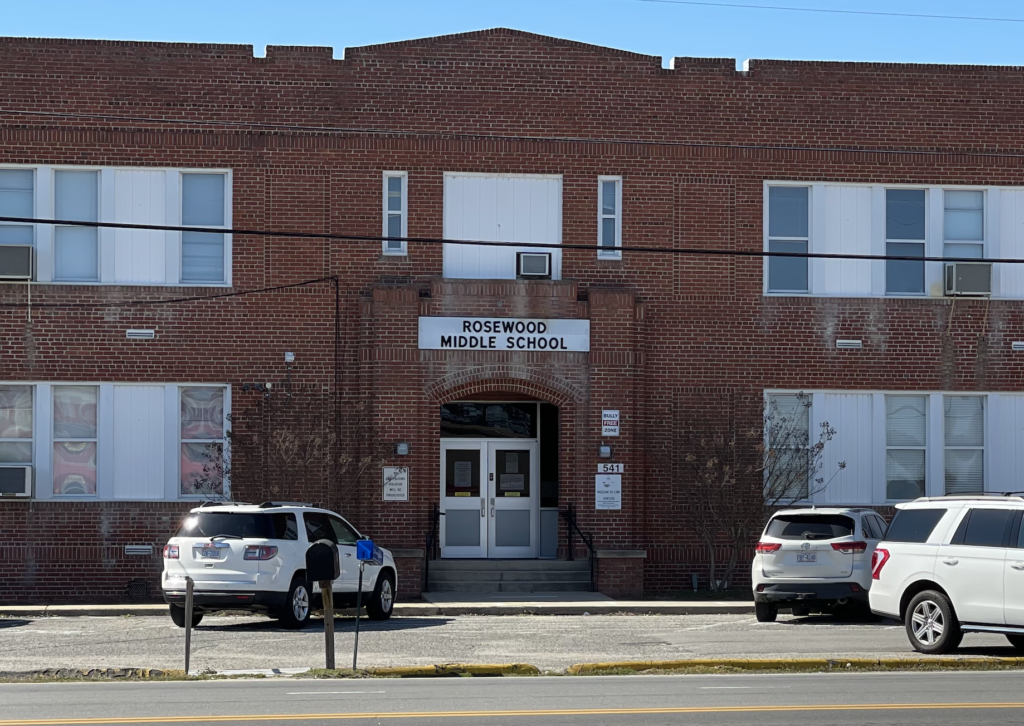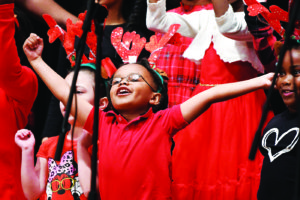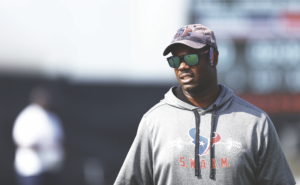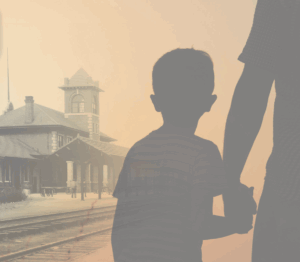
Bell eyes new Rosewood Middle School, talks WCPS COVID funds
Two Wayne County legislators are announcing more than $24.8 million in COVID funds coming to Wayne County — and a plan to ask for a $20 million allocation to fund a new middle school in Rosewood.
House Majority Leader Rep. John Bell released the joint statement Monday with Senate Majority Whip Sen. Jim Perry. The additional COVID dollars bring the county’s total pandemic relief to more than $31 million — and it could go even higher.
Bell said the Rosewood measure is not a traditional bill, but a means to get the project considered as the state prepares its capital budget and next spending plan.
ROSEWOOD MIDDLE SCHOOL
The replacement of the middle school, which is more than 115 years old, is a project that has been on the state’s radar, Bell said. Gov. Roy Cooper has even toured the facility, which county and school leaders have said is facing serious structural concerns because of its age.
“The Rosewood community and the school district have done a great job keeping it up, but it is time to replace it,” Bell said.
The measure Bell has proposed is designed to make sure the Rosewood project makes it to the state’s construction fund shortlist.
“It is needed and has been needed for a long time,” he said.
He added that he and Perry have made getting the attention and funding for the Rosewood build a priority, hoping that the state will once again be able to create a school construction or capital cash fund from which an appropriation can be made.
Bell credited pro-growth policies and tax reform measures for helping to create a $4 billion state reserve, which makes budgeting projects like this one possible.
“We really think we can make this happen,” he said.
The House Majority Leader also said he expects the General Assembly will reach an agreement on a new budget — about $25 billion — this year.
North Carolina has been operating under its 2018-19 spending plan, which is permitted under state law, because of an inability to reach an agreement on new budget provisions.
COVID FUNDING
The $24.8 million in additional COVID funds is not all that county schools will see in the coming year, Bell said.
More money has been earmarked for education in the $1.9 trillion federal COVID relief bill.
This time, the funds, which Bell said will not come all at once but will be distributed across several years, have fewer restrictions. That means the dollars can be used for everything from equipping classrooms for remote learning to enhancing ventilation and disinfection systems.
“This money has a little more flexibility,” Bell said.
Bell and Perry said the money should clear the way to reopening the state’s schools.
And getting students back in class, they said, is critical.
“The last year has been hard on everyone, but our children are the ones least equipped to cope with these struggles,” Bell said.
In addition to pandemic health response, this round of funds can also be used to “catch up” on the schoolwork and in-person education that were sacrificed during the COVID school shutdowns and restrictions.
“Learning loss has been devastating for our children,” Perry said.
Bell said schools across North Carolina have dealt with the setbacks caused by the pandemic as best they could.
But even though funding has been dedicated to the dealing with the COVID threat and teachers have been prioritized for vaccines to help them feel more comfortable going back to the classroom, there is still an obstacle to a full return for students.
“There is an excuse (for schools not reopening),” Bell said. “The governor won’t let them.”
The legislature debated Senate Bill 37, a measure designed to change the state’s plan for returning students to the classroom.
The bill ordered a Plan A return option for K-12 special needs students, with districts permitted to open under Plan A or Plan B (which requires social distancing) for other K-12 students.
Senate Bill 37 passed the Senate and the House of Representatives, but Cooper vetoed it.
The Senate was unable to get enough votes to override the veto, missing the required three-fifths majority by a single “yes” vote.
Bell said polls indicate that 70 percent of parents want their children back in school, adding that he is hopeful that the legislature will be able to make that happen.
“Sen. Perry and I are going to continue to fight to get our children back in the classroom,” he said.

A loaded discussion

Fighting for their lives

Goldsboro loses a giant

“I’m a flippin’ hurricane!”
Public Notices — Feb. 8, 2026

Belting it out

Legendary

Final Four!


